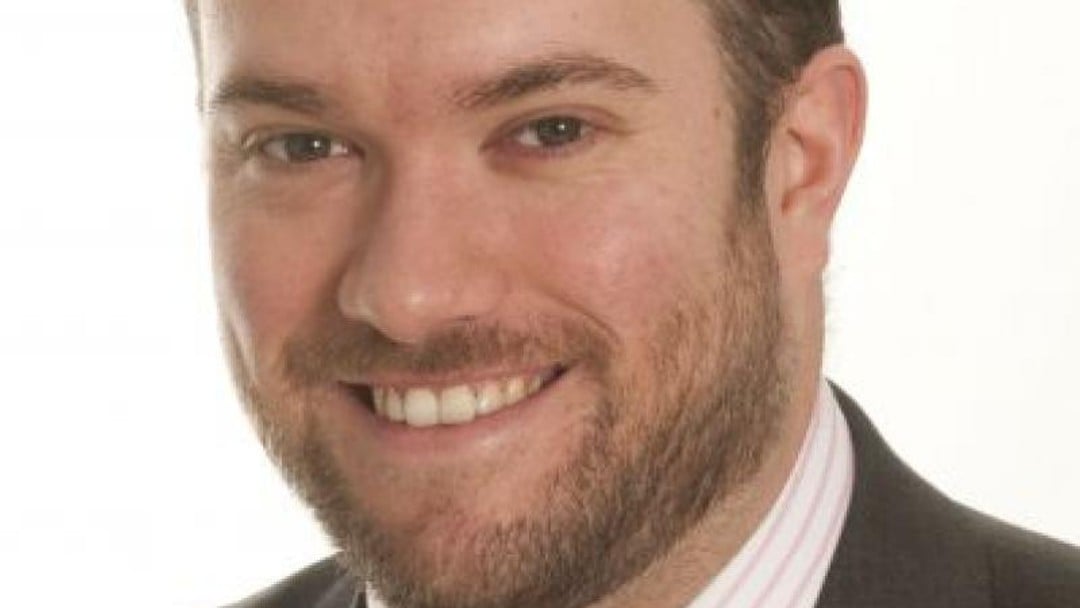Blurred lines

An unusual legacy decision may be hard to understand but it does not necessarily mean lack of capacity, even for clients with schizophrenia, says Matthew Evans
To the untrained eye, and possibly some trained professionals, a recent decision in the High Court went entirely against the understanding of testamentary capacity. However,The Vegetarian Society v Scott [2013] also offered an insight into mental illnesses.
Mr McKeen suffered with schizophrenia and a severe logical thought disorder. He executed a will in 2006, more than 40 years after he had apparently developed his condition, and HHJ Barker QC determined that he had capacity.
The majority of McKeen’s estate, worth approximately £1m, was left to the Vegetarian Society, even though there was no clear affiliation to the charity. He bequeathed some legacies to known friends and relatives and another charity, but his remaining family, namely his sister and nephews, were largely omitted from the will.
McKeen’s sister contested his final will on grounds of lack of capacity: he had suffered with a disorder of the mind that prevented exercising his natural faculties and he did not comprehend the claims to which he should give effect. This was a position robustly defended and ultimately refuted by the claimants who argued that the testator was able to make rational and logical decisions on a “goal-related activity”.
Unsurprisingly, the case relied heavily on medical expert evidence. At the core was the Banks v Goodfellow test. While both experts agreed on the conditions diagnosed, the extent of how this affected McKeen’s decision-making process was disputed.
Because of the testator’s unwillingness to seek medical assistance, there were minimal records available, which meant HHJ Barker QC based his decision on the evidence of experts and witnesses who had encountered McKeen in his lifetime. The defendant painted the picture of an unkempt, illogical, odd person who would enter his mother’s house through a bathroom window, write incoherently in a daily journal and talk to himself, among other unusual traits.
It was the charity’s case, however, that although McKeen was an unusual and unconventional person, he was able to form logical thoughts and give clear instructions when necessary. The claimant relied on the fact that he was a property mogul who would buy, let and sell properties to derive an income. While his lack of business acumen was criticised, the judge found that by simply not conforming to usual practices to maximise profit, it did not render his decisions illogical.
The evidence of various professionals who McKeen had instructed throughout his lifetime, including those who prepared his previous five wills and oversaw the property transactions, supported this view. Contrary to the defendant’s allegations, they painted the picture of a person who could give clear, unequivocal instructions on the contents of his estate and how he wanted it to be dealt with.
Further, the judge heard evidence to suggest that McKeen and his sister, Mrs Scott, had an estranged relationship with no close bond or affection. The same could be said about McKeen and his nephews, who admitted to sending birthday messages or emails in an attempt mainly to inherit under his estate. The judge concluded that it was not illogical for McKeen to omit them from his will.
As with the rules on capacity in the Mental Capacity Act 2005, schizophrenia is time and task specific: just because someone suffers from the disorder and has periods where they arguably lack capacity, it is incorrect to assume that such a person always lacks capacity.
Leaving a fortune to a vegetarian charity despite being a meat eater may seem unusual. It does not, however, make it irrational. A person is entitled to leave their estate as they see fit and just because someone may come across as odd or eccentric, it does not necessarily follow that they lack capacity.
Matthew Evans is a partner at Hugh James
He writes the regular vulnerable clients comment in Private Client Adviser

